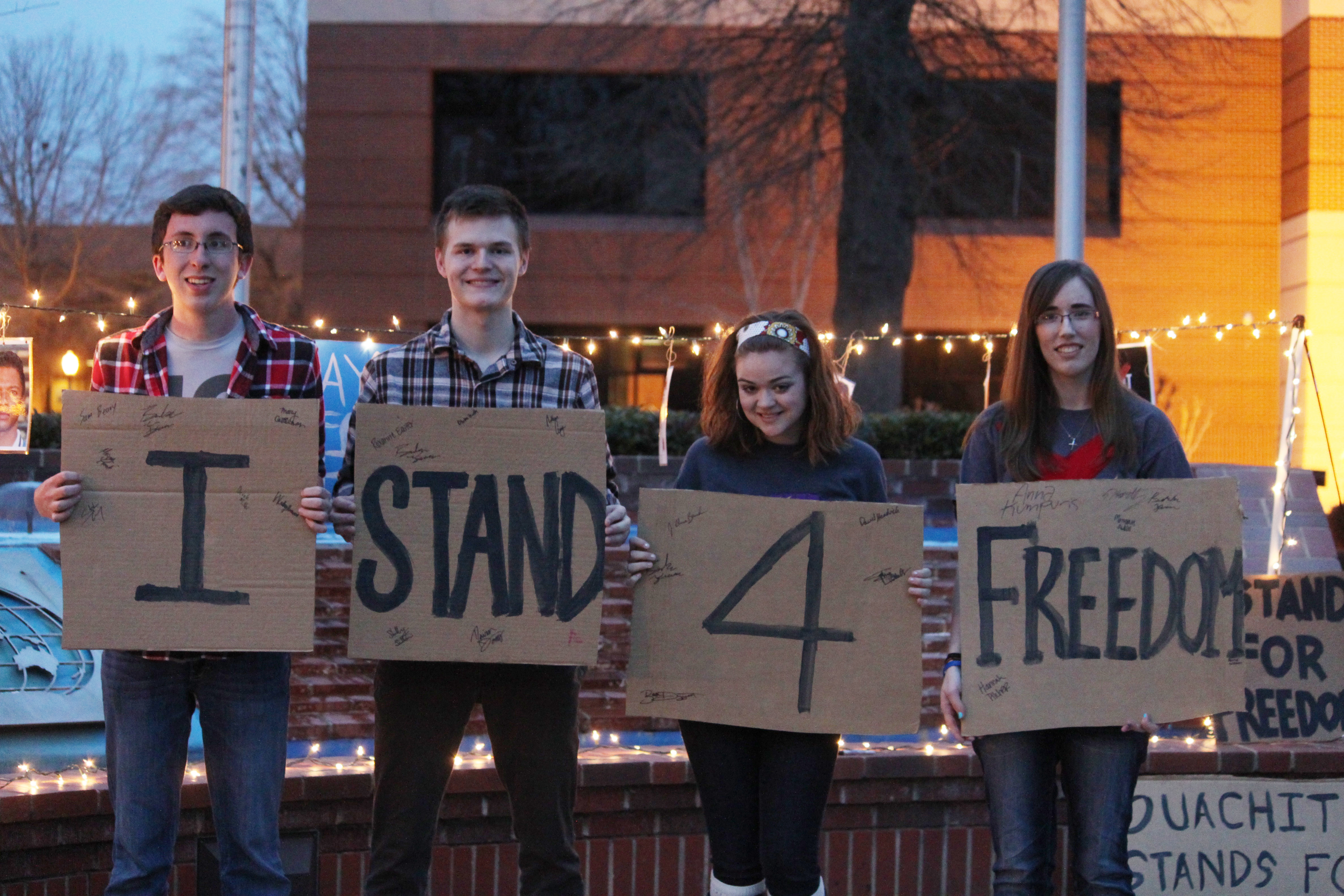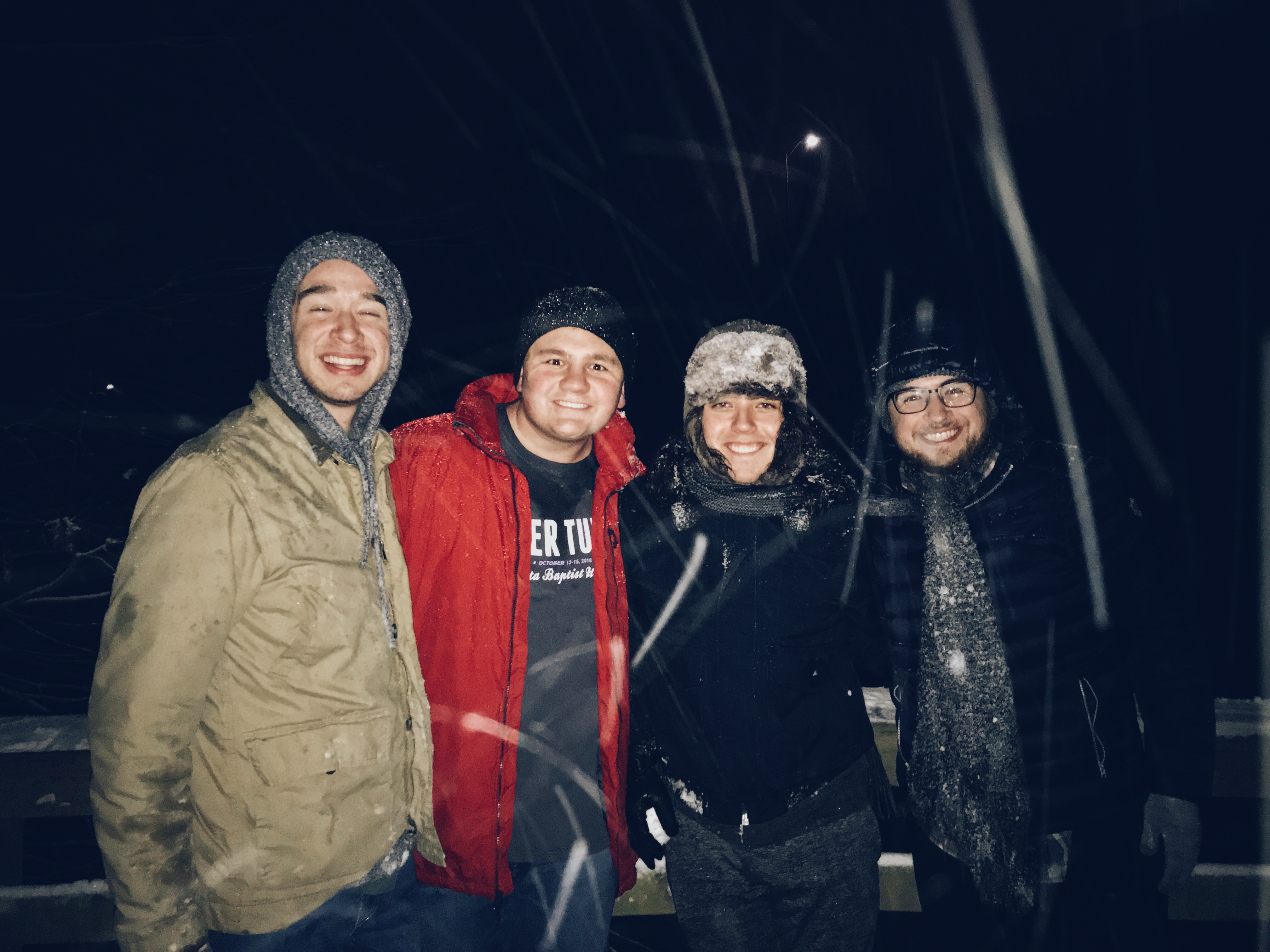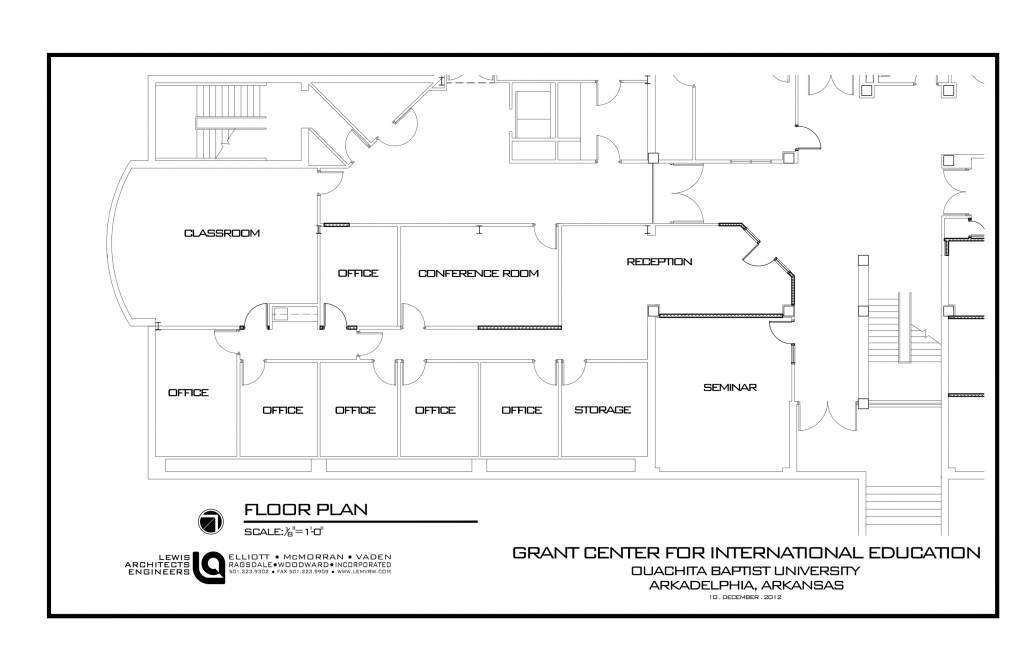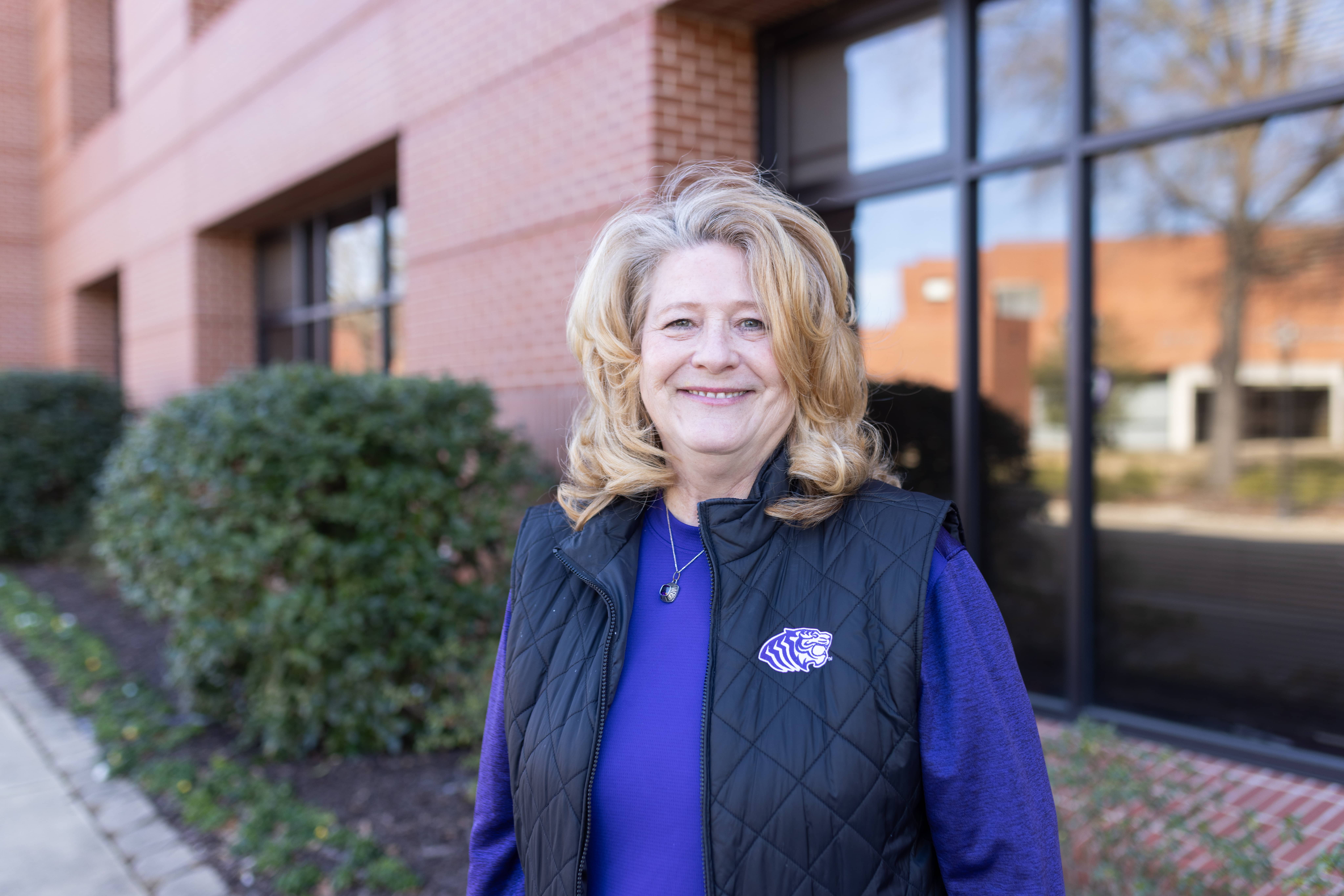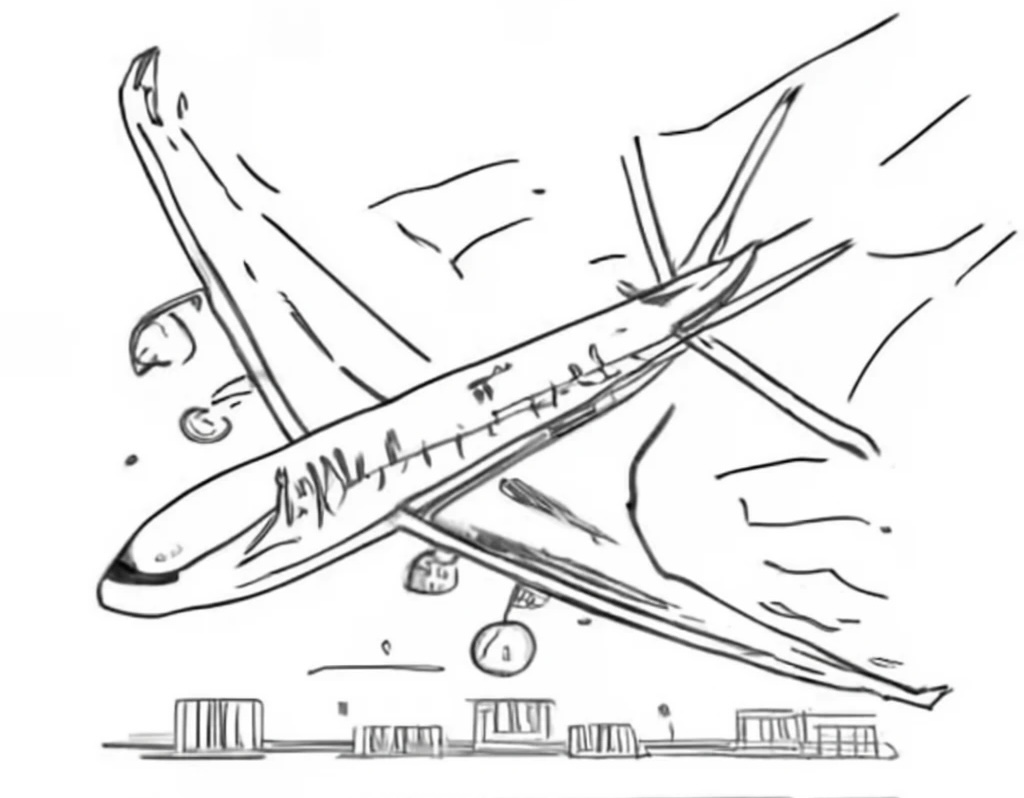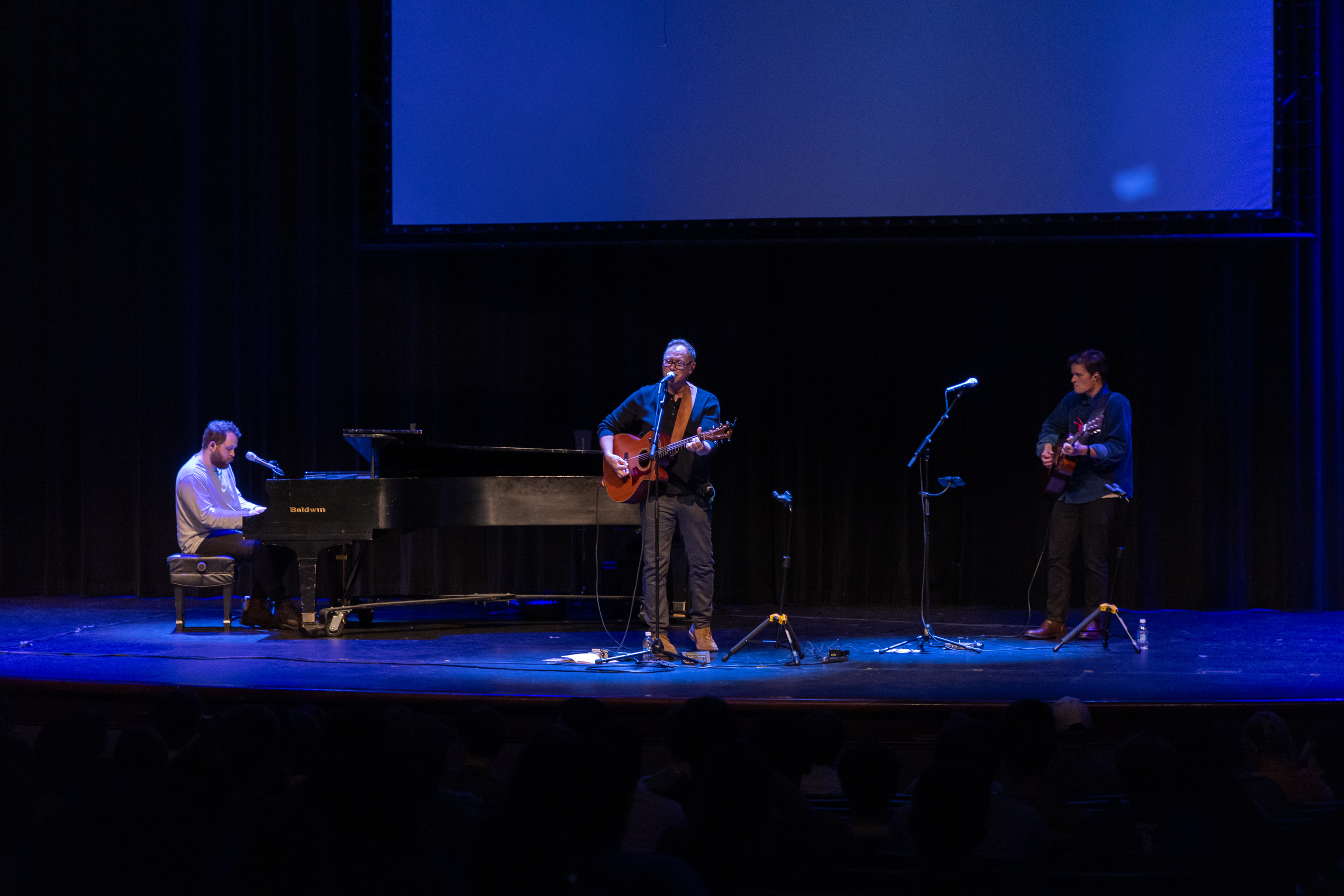“Slave” is a loaded word. But for freshman Sam Beary, a church media/production arts major from Batesville, Ark., as well as many students from more than 500 schools and universities nationwide, “slave” is a provocative word meant to draw attention to their “Stand for Freedom” efforts. Human trafficking, the sex slave industry and sweatshops are the modern-day equivalents of slavery that Beary and others protested against recently in the middle of the Ouachita campus.
“We’re standing here for 27 hours to represent the 27 million slaves worldwide,” Beary explained.
Many of the estimated 125 participating students echoed this view. They held cardboard, hand-painted signs that read “I Stand for Freedom” and displayed pictures of those whose lives have been impacted by slavery.

Beary and his fellow classmates gathered signatures to be sent to President Barack Obama through the International Justice Mission (IJM), an organization dedicated to eradicating all forms of slavery.
“We’re hoping that he’ll make it a part of his political campaign to bring awareness to worldwide slavery and hopefully give more power to organizations to end slavery and free slaves,” said David Headrick, a sophomore worship ministry major from Farmington, Ark., who was standing for freedom alongside Beary. In addition to the petition, protesters wanted to simply “spread awareness about this current issue,” Beary said.
“Everyone’s a slave to something – slaves to temptation, slaves to our sin, our sinful nature – but people withholding the rights of other people and causing them to be slaves, I don’t feel like that’s something that God would want, so why not? Why would we not stand against it?” asked Dawson Pritchard, a senior kinesiology and fitness major from Denton, Texas.
“I hope that the event not only raised awareness, but helped students realize how their lives and activities affect the world around them and that we can be a part of redeeming the broken social structures right where we are and across the world,” said James Taylor, director of campus ministries, which sponsored the event.
“As Christians, we’re called to care for the hopeless and lost people in this world,” Beary said. “While we all do that in different ways, combatting human trafficking is one way we all can.
“Here in Arkadelphia, trafficking obviously isn’t happening right outside our doorstep,” Beary said. “But we are all affected because many of the daily products we use are made, or some part of that product is made, by slaves around the world.”
“Eighty percent of people who are enslaved are women,” said Anna Kumpuris, a sophomore mass communications major from Little Rock, Ark., “so it’s mostly sex trafficking, but it’s also people who are in bonded labor … who are forced to work and cannot leave.” Debt bondage, she explained, is another type of slavery in which the debtor’s payments continually increase, making it impossible to pay the debt and gain freedom. Thousands of people are lured into the U.S. every year with promises of education or employment, only to find themselves victims of human trafficking. Child labor is another common form of slavery.
Although the 21st century definition of “slave” sometimes runs contrary to many Americans’ preconceptions, based on the American Civil War and its aftermath, slavery remains a growing problem even in the United States. There are, however, steps that can be taken to help stop these crimes, including:
- Join the End It Movement, like Beary did. This organization partners with IJM to raise awareness about slavery. Learn more at www.enditmovement.com.
- Sign the IJM petition online by visiting freedomcommons.ijm.org and clicking the “Take Action” link to “Ask the President to help Make Freedom Real.” IJM hopes to collect 150,000 signatures.
- Even students can give financially, physically or spiritually by donating money, time, efforts and prayer.
- Identify the products used every day that support slavery by going to www.slaveryfootprint.com and taking a quick quiz. Chocolate and diamonds are among the most pro-slavery products. Many computer and car parts are also slave labor products.
According to the End It Movement:
- The annual revenue of the slave industry is approximately $32 billion.
- About 17,500 people are trafficked into the U.S. every year – that’s 48 people a day.
- There are approximately 200,000 slaves in the U.S. right now with that number continuing to increase.
- An estimated 160 countries are affected by human trafficking.
- Almost 80 percent of people enslaved are women.
Inspired by the Passion Conference he attended in Atlanta over the winter break, Beary said this is the first awareness event he has ever organized and he’s satisfied with the results.
“I would definitely call this a success,” Beary said. “We had a greater turnout than we expected. Many students and even some members of the community were awakened to the current problem of slavery in the world today. Eyes were opened.”
For more information about this or other awareness events on campus, contact James Taylor, director of campus ministries, at taylorja@obu.edu.

